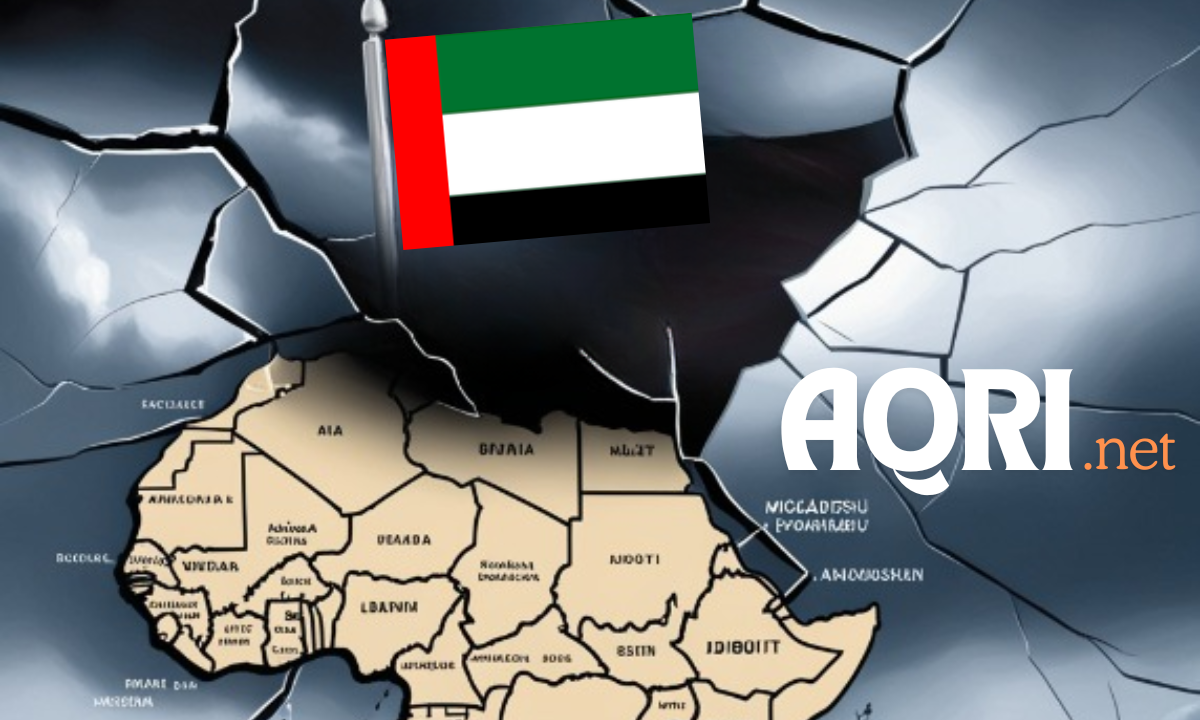Mogadishu, Somalia (AQRI.net)- The internationally recognized government of Somalia faces increased pressure internally to severe diplomatic relations with the United Arab Emirates, which critics describe as a disruptive state in the region and accused of being an enemy of countries such as Sudan, Yemen, and Libya. According to analysts and political figures, the foreign policy handling by the UAE in these countries had systematically undermined stability as it opportunistically used conflicts and weakened governance structures to its strategic advantage.
In particular, the UAE’s influence in Somalia, through its financial investments and political maneuvering, has raised concerns that it seeks to exert undue influence over the leadership in the country. Calls for a diplomatic break come amid heightened scrutiny of the UAE’s role in other war-torn countries, where its involvement has typically been associated with prolonged unrest.
The Case Against the UAE
From Somali lawmakers to political analysts, blame has been pointed at the UAE for deliberately causing divisions in all Muslim-majority nations in order to pursue its geopolitical interests. The UAE has also come under widespread condemnation for its military involvement in Yemen, with accusations that it is worsening the humanitarian crisis there. The actions of UAE-backed factions in Sudan and Libya have seen them accused of undermining peace processes and frustrating transitions toward stable governance.
As Hawa Ahmed, a political analyst, told AQRI.net, “The UAE has time and again proved that its interest rests in prolonging chaos in Muslim nations. Somalia needs to review the relationship with such a nation if it really wants to protect its sovereignty and stability in the region.”.
Economic and Political Risks
With the growing hue and cry, some in the Somali leadership have urged restraint and patience, with some pointing to UAE as a major economic partner, especially in the development of two major ports and trade. Some analysts counter that the price for such partnerships is just too high, and that UAE uses its economic aid to influence Somali policies to its advantage.
Cutting ties with the UAE could result in immediate economic setbacks, but the latter long-term benefits of protecting our sovereignty far outweigh short-term gains,” urged Abdullahi Hassan, the acting leader of the opposition to warn.
Regional Repercussions
Perhaps the most important outcome could be that this diplomatic severance realigns Somalia with other regional actors, such as Turkey and Qatar, which have postured as the guardians of Muslim cohesion and sovereignty. At the same time, this turn of events would strengthen Somalia’s position in the larger Muslim world with a serious warning of defiance against foreign interference.
Conclusion As the government of Somalia weighs its options, its decision to retain or sever ties with the UAE comes with huge consequences not only for the future of the country but also for the general security of the region. For many, the pressing question is, can Somalia afford to align itself with a nation accused of sowing discord among its neighbors?.



Comment